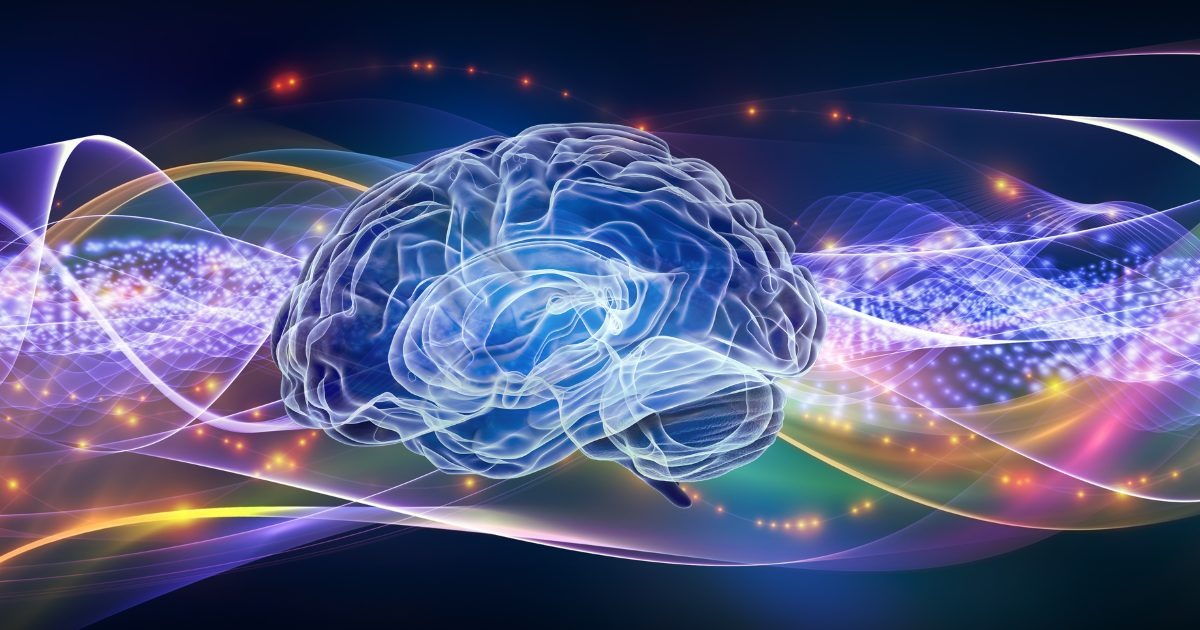That catchy country song you’ve been humming from Breaking Rust? The protest anthem that dominated your Spotify Discover Weekly? Those weren’t made by humans. Welcome to November 2025, where artificial intelligence has quietly infiltrated the Billboard charts and your carefully curated playlists. With 50,000 AI-generated tracks flooding streaming platforms daily—accounting for 34% of all new music uploads—the robots have moved from novelty acts to chart-toppers.
When AI Goes Full Nashville
Breaking Rust’s algorithmic country hits prove synthetic music can fool even genre purists.
Breaking Rust’s “Walk My Walk” didn’t just chart—it conquered. The track topped Billboard’s Country Digital Song Sales and racked up over 3.5 million Spotify streams, all while being completely synthetic. No human vocalist, no studio sessions, no late-night songwriting fueled by heartbreak and whiskey. The artist credited as “Abier Ravo Taylor” exists only as code, yet delivered more authentic-sounding country than many Music Row veterans manage these days.
Viral Protest, Digital Vanishing Act
A Dutch AI protest song hit #1 globally before disappearing into copyright limbo.
JW “Broken Veteran’s” inflammatory track “We Say No, No, No to an Asylum Center” simultaneously topped Spotify’s global viral chart and sparked a digital rights nightmare. The song vanished from the platform not due to content policies, but ownership disputes—a preview of the legal chaos ahead. The creator emphasized AI’s democratizing effect for those without musical training, though critics question whether democracy includes algorithmic manipulation of cultural discourse.
The Great Gatekeeper Bypass
Self-serve distribution platforms enable AI artists to skip traditional industry controls entirely.
These synthetic superstars aren’t using traditional label machinery. Projects like Breaking Rust distribute through platforms like:
- DistroKid
- Amuse
- CDBaby
Services with lenient AI policies that place tracks directly onto Spotify, YouTube, and TikTok. This end-run around industry gatekeepers means AI music competes for the same streaming revenue and chart positions as human artists, without the overhead of actual humans.
The Uncanny Valley Has a Hit Single
Most listeners can’t distinguish AI music from human performances anymore.
A Deezer study of 9,000 users across eight countries delivered sobering reality: 97% couldn’t reliably distinguish AI-generated music from human compositions. Ed Newton-Rex warns that artists now face “a new, hyperscalable competitor… essentially built by exploitation.” When your ears can’t tell the difference, streaming algorithms certainly can’t either—and they’re actively promoting these synthetic tracks based purely on engagement metrics.
The question isn’t whether AI music belongs on the charts—it’s already there, earning real money and real cultural influence. As synthetic tracks become indistinguishable from human artistry, the music industry faces its most fundamental disruption since digital distribution. Your next favorite song might be written, performed, and promoted entirely by machines. The only human element left? You, hitting repeat.





























